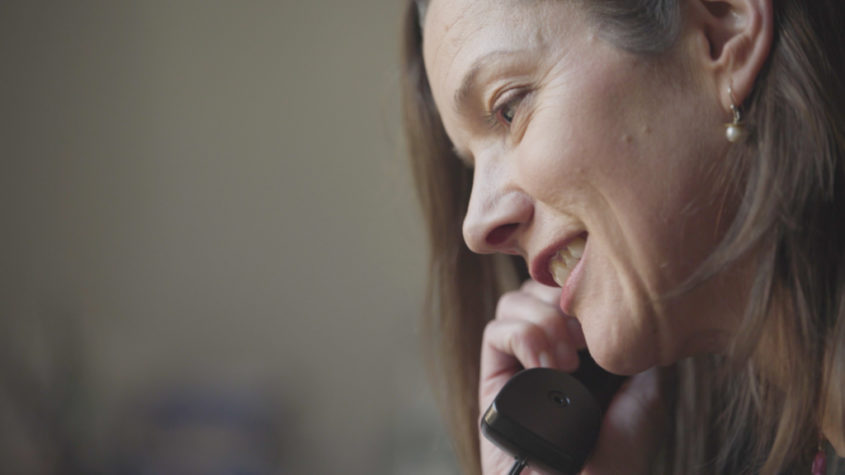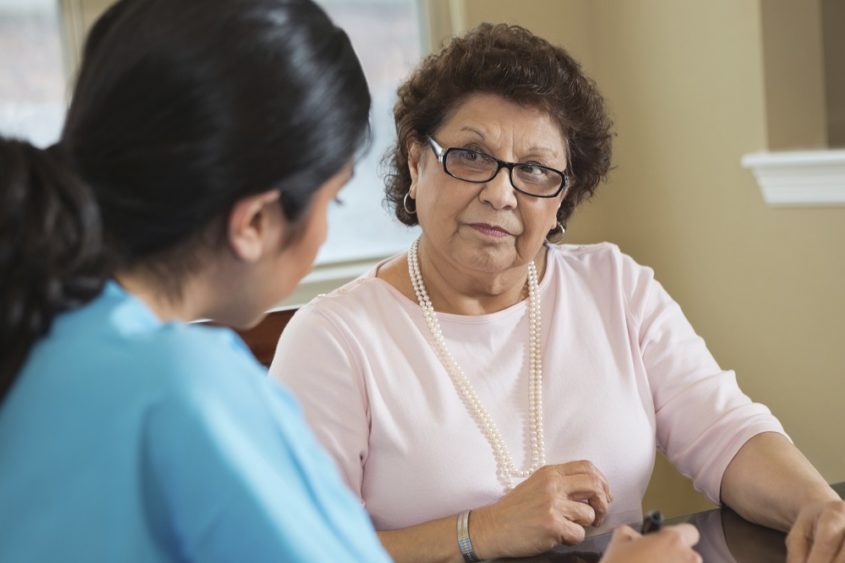Questions about clinical trials?
You can also speak to our specialist nurses on our free Support Line with any questions about pancreatic cancer trials.
Discuss the trial with your consultant or nurse to find out if a trial is suitable for you and to help you decide whether to take part.
You will be given detailed information about the trial, including written information. Make sure you ask about anything you don’t understand, so that you have all the information you need. It’s important to know exactly what is involved before deciding whether to take part.
You might find it helpful to make a list of everything you want to ask when you see your trial doctor or nurse. You could include the following questions.
If you are offered a suitable trial, the doctors and nurses in the research team will explain:
You will be given detailed written information about the trial. You will also be given the name of a research nurse. You can ask them any questions you have and talk to them about what’s involved.
If you do decide to take part, you will be asked to sign a consent form saying that you understand what is involved and agree to take part in the trial. This is called giving ‘informed consent’. You will be given plenty of time to decide whether to take part in the trial.
Even after you sign the consent form, you can still leave the trial at any time. You will never have to carry on with a trial if you don’t want to.
Once you join a trial, you will be given a phone number to contact at any time. For example, if you feel unwell or are admitted to hospital for any reason.
To check that you can take part in a trial, you may need to have some tests, sometimes called screening tests.
Screening tests may include:
It may take some time to do these tests and get all the results. Speak to the research team and your doctor about them and how long they take, so that you know exactly what is involved.
The screening tests may find something that means you don’t meet the trial entry criteria after all. It can be very disappointing and frustrating if this happens. If you would like to talk about this or anything else, you can contact our specialist nurses on our Support Line.
You will still be given the best treatment and care that is available outside the trial. Sometimes there may also be other trials you may be suitable for instead. Speak to your doctor or nurse about your treatment options.
You may decide not to take part in a trial yourself, or you may find that there are no trials suitable for you. But if you are interested in research, you can help shape our research activities. Our Research Involvement Network is a good place to start if you would like more information about this.
You can also speak to our specialist nurses on our free Support Line with any questions about pancreatic cancer trials.


“They make it very clear: anytime you want to stop, that’s fine. Have a good look at it and ask lots of questions. You’re part of the process – you can’t just sit on the sidelines, you’re totally part of that trial. But ultimately, you’ve got to decide if it’s right for you.”
Use our Clinical trial finder to find pancreatic cancer trials in the UK


Published January 2025
Review date January 2028